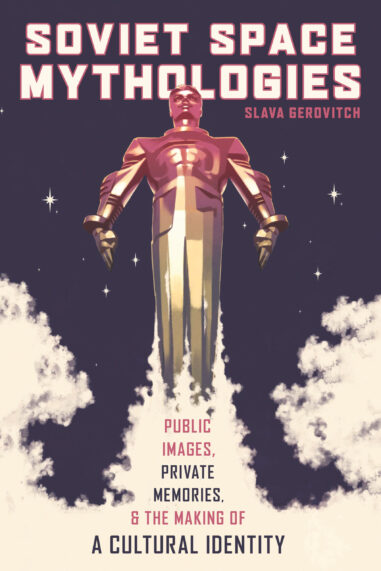Winner, 2021 Gardner-Lasser Aerospace History Literature Award | Shortlist, 2016 Historia Nova Prize
From the start, the Soviet human space program had an identity crisis. Were cosmonauts heroic pilots steering their craft through the dangers of space, or were they mere passengers riding safely aboard fully automated machines? Tensions between Soviet cosmonauts and space engineers were reflected not only in the internal development of the space program but also in Soviet propaganda that wavered between praising daring heroes and flawless technologies. Soviet Space Mythologies explores the history of the Soviet human space program within a political and cultural context, giving particular attention to the two professional groups—space engineers and cosmonauts—who secretly built and publicly represented the program. Drawing on recent scholarship on memory and identity formation, this book shows how both the myths of Soviet official history and privately circulating counter-myths have served as instruments of collective memory and professional identity. These practices shaped the evolving cultural image of the space age in popular Soviet imagination. Soviet Space Mythologies provides a valuable resource for scholars and students of space history, history of technology, and Soviet (and post-Soviet) history.


